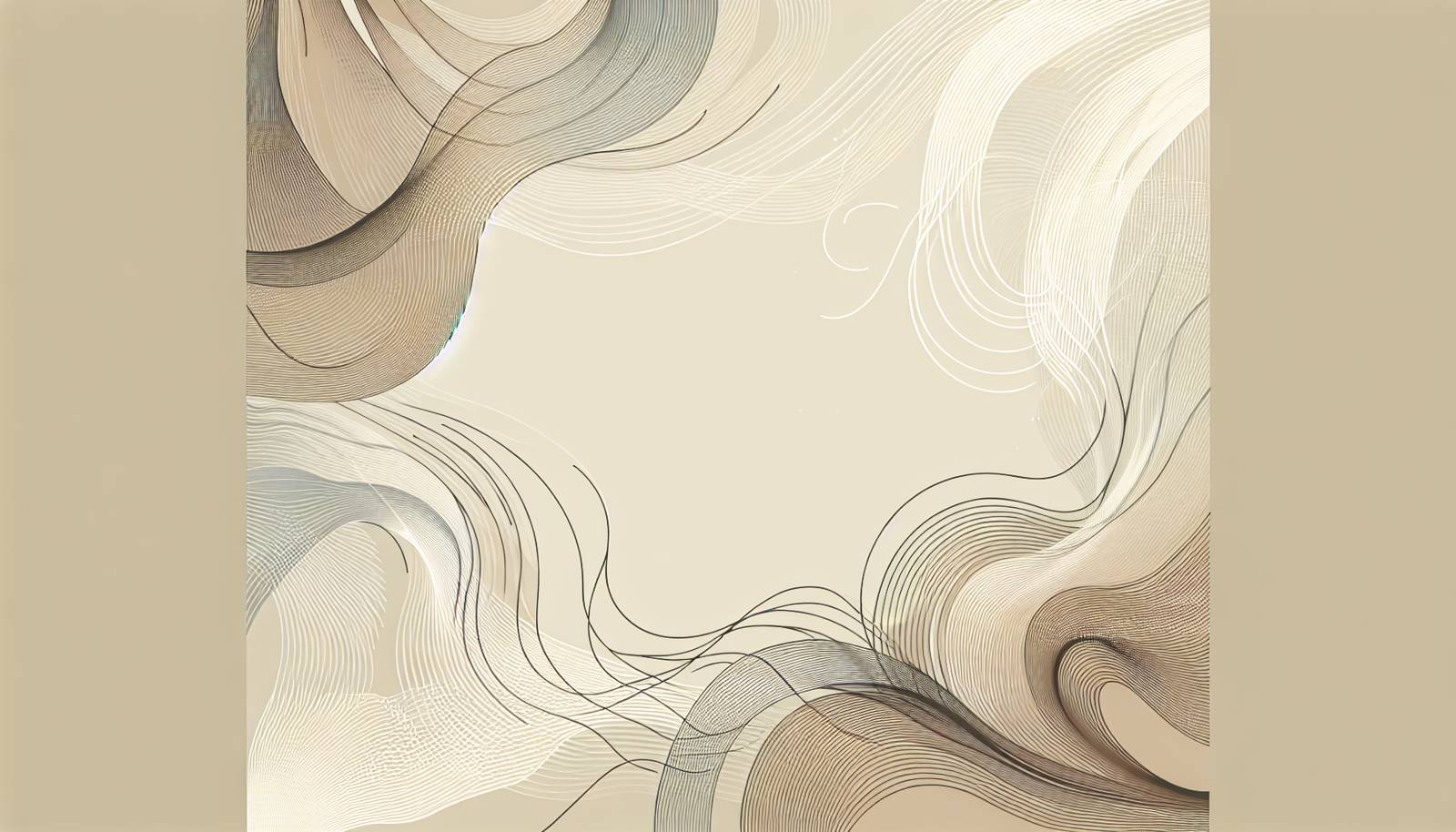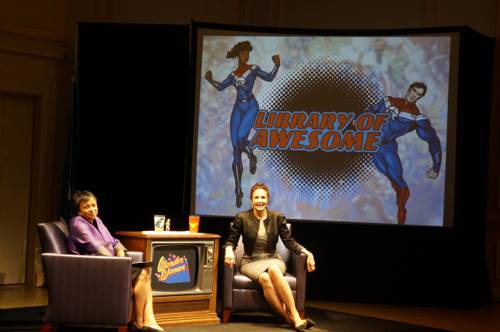
FAQ About The Evolution of Feminism in Cinema

What is the role of feminism in cinema?
Feminism plays a crucial role in cinema by influencing the way female characters are represented and contributing to the larger narrative about gender equality. It pushes for diverse, complex female roles that break away from stereotypes, and encourages stories that reflect the real experiences and challenges women face. Feminism in cinema seeks to provide a platform for female filmmakers and creators, thereby promoting inclusion and equality within the industry.

How has feminism changed film narratives over the years?
Feminism has significantly transformed film narratives by introducing more nuanced and varied female characters and perspectives. In earlier decades, female roles were often limited to secondary or supportive parts. However, with the rise of feminist ideologies and movements, there has been a notable shift towards portraying women as central figures with their own agency and storylines. This change has also seen an increase in films that challenge traditional gender roles and deconstruct patriarchal norms.

Which films are considered significant in the evolution of feminist cinema?
Several films are considered milestones in feminist cinema, including "Thelma & Louise" (1991), which challenged traditional female narratives; "A League of Their Own" (1992), highlighting women's roles during World War II; and "Mad Max: Fury Road" (2015), praised for its strong female protagonist. More recent films like "Lady Bird" (2017) and "Promising Young Woman" (2020) continue to push the boundaries by tackling contemporary feminist issues.

How do feminist film theories influence filmmaking?
Feminist film theories analyze how films represent gender, question the male gaze, and explore the relationship between women, narrative, and spectatorship. These theories influence filmmaking by encouraging directors and screenwriters to challenge traditional power dynamics and explore stories from a female perspective. This impact often manifests through the creation of more fully developed female characters and narratives that emphasize women’s experiences and autonomy.

What challenges do feminist filmmakers face?
Feminist filmmakers often face challenges such as industry bias, limited funding opportunities, and audience stereotyping. Despite the progress made over the years, there remains a significant gender disparity in the film industry, which can restrict opportunities for female filmmakers. Additionally, they might confront resistance from audiences or critics who are accustomed to traditional film narratives and may not be receptive to feminist themes.

How has the portrayal of women in films evolved due to feminism?
Thanks to feminist movements, the portrayal of women in films has evolved from one-dimensional stereotypes to varied and complex characters. Women are increasingly being depicted as independent, strong, and multifaceted individuals with their own narratives. Feminism has also encouraged greater representation of diverse female characters from different backgrounds, highlighting issues such as race, class, and sexuality in their narratives.

Can you name some iconic feminist filmmakers?
Iconic feminist filmmakers include Kathryn Bigelow, the first woman to win an Oscar for Best Director; Ava DuVernay, known for her groundbreaking works that focus on race and gender; Greta Gerwig, hailed for her intimate, character-driven films such as "Lady Bird"; and Agnes Varda, a pioneer of the French New Wave who crafted films from a feminist perspective. These filmmakers have made significant contributions to feminist cinema by creating compelling narratives that address women's issues.

What is the Bechdel Test and its significance in feminist cinema?
The Bechdel Test, named after cartoonist Alison Bechdel, assesses whether a film features at least two women who talk to each other about something other than a man. Its significance lies in highlighting gender bias and the lack of female representation in films. While not a definitive measure of a film's feminist credentials, passing the Bechdel Test suggests a step towards more balanced and meaningful portrayals of women in cinema.

How do feminist critics assess the impact of a film?
Feminist critics often assess the impact of a film by examining its representation of women, the complexity and agency of female characters, and how it navigates gender dynamics. They also consider the narrative structure and whether it challenges or perpetuates traditional gender roles. The critics aim to highlight films that empower women and contribute positively to discussions around gender equality.

What role does intersectionality play in feminist cinema?
Intersectionality in feminist cinema involves acknowledging and representing the diverse experiences of women based on race, sexuality, class, and other factors. This approach ensures that films do not only focus on the issues faced by white, heterosexual women but also address the unique challenges encountered by women of different identities. Intersectional feminist cinema seeks to create richer and more inclusive narratives that reflect the realities of a broader spectrum of women.

Have feminist perspectives in cinema influenced male character portrayals?
Yes, feminist perspectives in cinema have influenced the portrayal of male characters by encouraging more diverse and realistic depictions that go beyond traditional masculine stereotypes. These narratives often explore male vulnerability, emotional depth, and relationships with women. By doing so, they challenge rigid gender norms and promote a more egalitarian view of both male and female characters.

How have feminist movements impacted genre films, like action or sci-fi?
Feminist movements have significantly impacted genre films by introducing strong, independent female protagonists into traditionally male-dominated genres such as action and sci-fi. Films like "The Hunger Games" and "Wonder Woman" feature female leads who are not only capable but also central to the narrative. This shift challenges genre norms, broadens audience appeal, and helps to dismantle stereotypes about gender roles in these types of films.

What impact has the #MeToo movement had on the evolution of feminist cinema?
The #MeToo movement has had a profound impact on feminist cinema by highlighting issues of sexual harassment and gender inequality within the film industry. It has led to greater awareness and accountability, encouraging filmmakers and studios to commit to more ethical practices and gender-equitable storytelling. This movement has also inspired films that address these issues directly, leading to more urgent and potent narratives in feminist cinema.

How do international cinemas incorporate feminist perspectives?
International cinemas incorporate feminist perspectives by exploring local cultural narratives through a feminist lens. Many international films, such as "Persepolis" from Iran and "Wadjda" from Saudi Arabia, address issues of women's rights and social conditions in their respective countries. While the approach and themes may vary according to cultural contexts, these films collectively contribute to a global discourse on gender equality in cinema.

What is the future of feminism in the film industry?
The future of feminism in the film industry appears promising, with ongoing efforts to promote equality and diversity behind and in front of the camera. Increasingly, women are taking on key roles as directors, producers, and writers, which helps ensure that diverse female narratives are told. Films are likely to continue addressing contemporary issues like gender identity and rights, driving forward a more inclusive cinema landscape.

How did early cinema contribute to the feminist movement?
Early cinema contributed to the feminist movement by providing a new medium to tell women's stories and express feminist ideas. Even if indirectly, certain films challenged societal norms and started dialogues around women's roles. Directors like Alice Guy-Blaché and Lois Weber were among the female pioneers who directed films addressing women's lives and social issues, laying the groundwork for future feminist narratives.

Why is representation important in feminist cinema?
Representation is crucial in feminist cinema because it ensures that diverse stories and perspectives are shared, which can challenge stereotypes and broaden audiences' understanding of different identities. It helps to affirm the experiences of marginalized groups and promotes inclusivity, contributing to a more equitable society. By presenting a wide range of female characters and stories, feminist cinema can inspire and empower audiences.

How do films address the concept of 'the female gaze'?
Films address the concept of 'the female gaze' by exploring narratives from a female perspective, focusing on women’s experiences and inner lives rather than objectifying them. This involves crafting stories where women are active participants with their own desires and agency. Such films aim to engage viewers in a way that respects and validates female subjectivity, offering an alternative to the traditional male gaze prevalent in cinema.

Who are some female characters in cinema known for their feminist portrayals?
Characters such as Ellen Ripley from "Alien," Sarah Connor from "The Terminator," and Katniss Everdeen from "The Hunger Games" are celebrated for their feminist portrayals. These characters are depicted as strong, independent, and capable, challenging traditional gender roles and offering powerful representations of women in cinema.

How do educational institutions use feminist cinema in their curriculum?
Educational institutions often incorporate feminist cinema into their curriculum to explore social and cultural issues related to gender. By analyzing films, students gain insights into historical and contemporary feminist movements, learn to critique media representations of women, and understand the impact of cinema on societal perceptions of gender roles. This approach can foster critical thinking and encourage discussions about equality and diversity in media.
